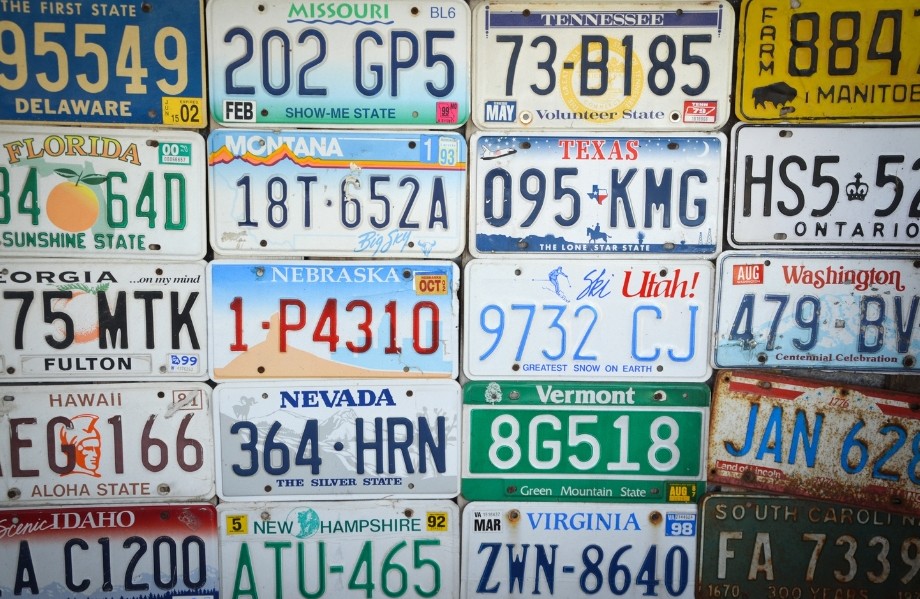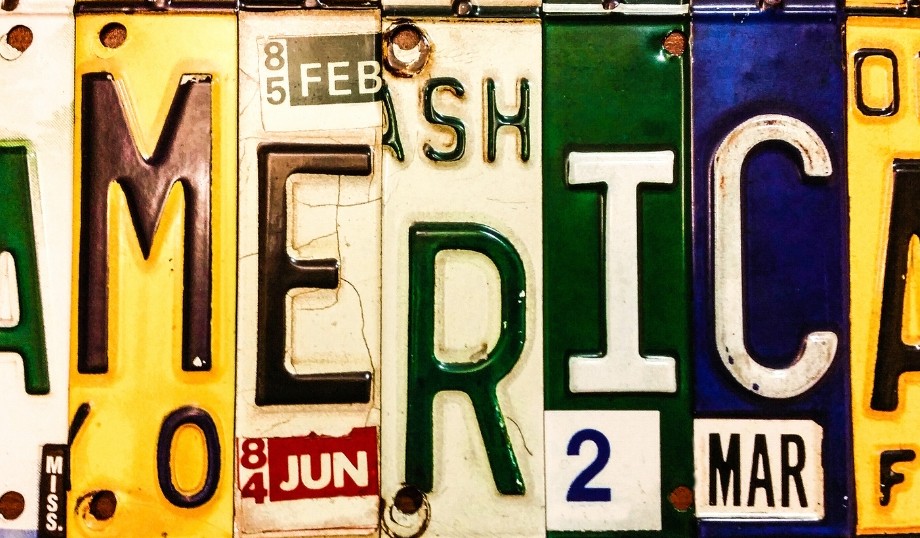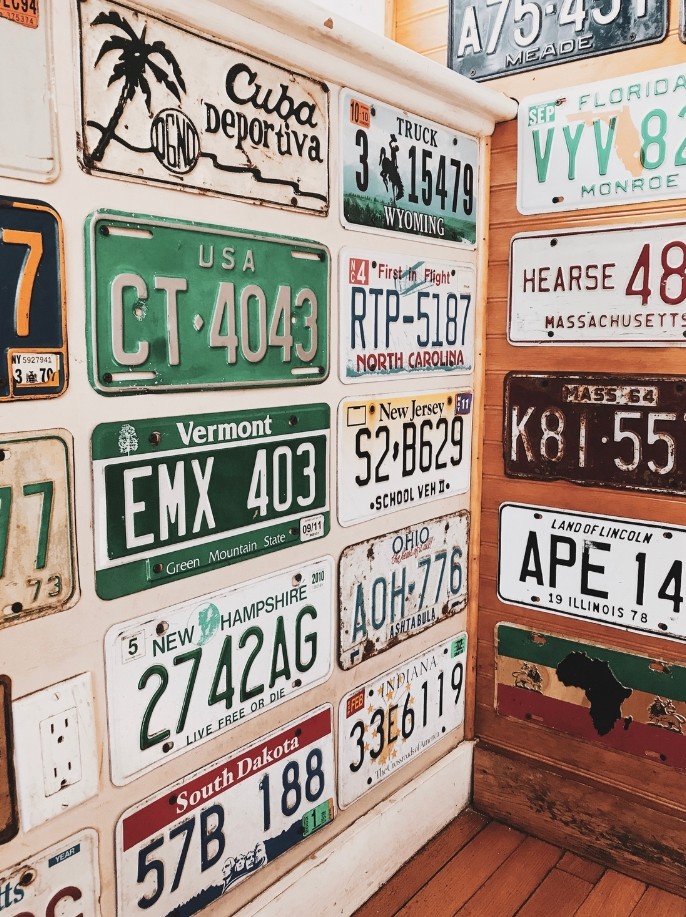News
Each country has its own license plate style
In the United States, License Plates serve as mobile tourism advertisements. American License Plates not only display the state name but also feature slogans or the state's nickname, incorporating various design elements in the background, such as locally representative flora and fauna, scenic spots, famous individuals, or historical events. They resemble a mobile tourism advertisement showcasing local characteristics.

In Germany, license plates are a tool for
facilitating law enforcement identification. Known for its practicality and
rigor, Germany's license plate design is consistent with this ethos. In 2000,
Germany replaced the DIN1451 national industrial standard font used since 1936.
The overall license plate design concept starts with avoiding confusion between
letters and numbers, for example, by designing the middle stroke heights of
potentially interchangeable letters like "E," "F," and "B"
to be of different lengths and differentiating the top-left corners to prevent
content from being easily tampered with. In the middle of German license
plates, there are also circular inspection stickers and official seals that
make it easier for police to enforce the law. Based on this system, which is
updated annually, highway police can clearly see the expiration date of each
vehicle's last inspection. The coat of arms representing the federal state also
embodies a long national history.

In Italy, license plates are simple and
smaller in size. Before 1985, the size of the front license plate in Italy was
26.2*5.7cm; between 1985 and 1999, it changed to 32.5*10.7cm. With the
development of European integration, EU countries adopted a unified design
standard for license plates, and the number of digits in the license plate
number increased to display vehicle information. From 1999 onwards, the size of
Italian license plates further increased to 35*11cm. In comparison, Chinese
license plates measure 44*14cm, indicating that Italian license plates have
always been much smaller than their Chinese counterparts.
In Japan, license plates feature a
reflective design that takes weather conditions into account. In 1961, Japan
decided on the format for license plates: location name + classification number
+ kana + license plate number. Depending on the vehicle type, Japanese license
plates come in four background colors: white, yellow, green, and black.
Additionally, Japan has reflective license plates that are easy to identify at
night or in inclement weather, giving them a cool appearance.
License plates offer an intriguing window
into automotive culture, with numerous interesting stories packed into their
small space. Let's explore them together!
CATEGORIES
LATEST NEWS
CONTACT US
Name: Tom
Mobile:18019906815
Tel:0086-18019906815
Whatsapp:8618019906815
Email:Tom_arts@vip.163.com
Add: 168 Funan Road, Hefei, Anhui, China

